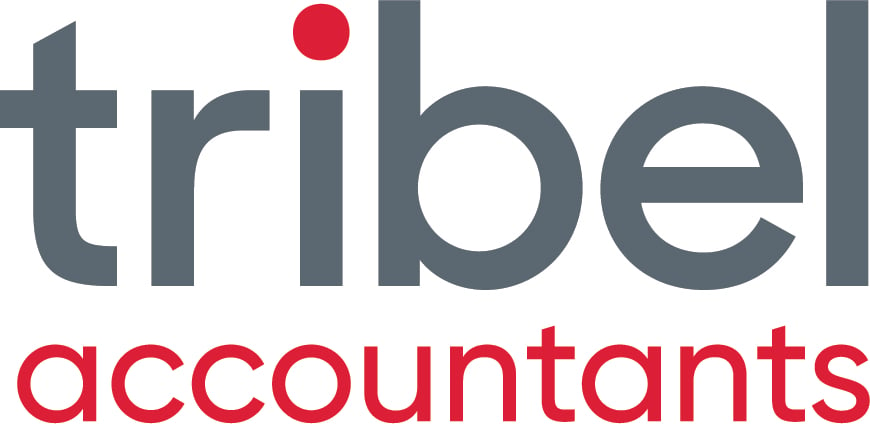INTRODUCTION:
There's no doubt that if things get tough a review of costs is always a very good idea so you can navigate through the treacherous waters. In fact. just like businesses that would like to know how they can improve their small business valuation, doing it early and regularly and not when the time comes to sell, going through the review of costs process when things are good means that you will benefit even further on many different fronts.
How would you check you are getting a good deal?

Figure 1: You don't need to be Batman and Robin to chase down good deals for business growth.
1. Benchmark Your Figures
It's a great exercise that you should be going through with your small business accountant and it's called benchmarking. Small business accountants these days as business advisors also have access to benchmarking statistics to compare your business performance. It could be through benchmarking providers or through research bodies such as IbisWorld or even the ATO website.
If your key performance indicators are low then this means that you could be paying too much for your purchase of goods, rent, salaries and wages and other costs so it will be time to find out why that is and whether there is something you can do about it.
2. Compare Apples With Apples
Like anything when comparing cost, be careful to not just jump to the cheapest option. If you have a current supplier, chances are they are doing more than you realise so it's important to check apples with apples. Be wary of cheap options without considering:
- money back guarantees;
- customer after sales support;
- warranties;
- insurance if something goes wrong (do they have it);
- wrong product for what you need;
- returns policies;
- faulty goods or services;
- delivery times.
Figure 2: When checking prices make sure you compare apples with apples!
3. Shop Around
Yes it is best practice to shop around when it comes to almost any business supply. Doing this might give you a bargaining edge when negotiating with your suppliers. However, be aware of point 2 above as getting them to drop to the lowest quote might not be that easy..
4. Ask For volume/Payment Discounts
Many suppliers offer discounts for payment terms or volume purchases. You should enquire whether your suppliers do this and then assess whether they will help improve your bottom line and margins etc. Be careful though as early payments and buying more than you need could tie up cash flow which you may need to keep operating. Of course if you do have plenty of cash to cover it (you can check this by sitting down with your small business accountant and putting in your new debtor days, supplier days and inventory days in your three way budget - includes profit & loss and cash flow forecast brilliant planning tool!).
5. Review Efficiencies
Sometimes you are paying too much (e.g. salaries and wages) because you don't have efficient processes in place so things take longer to complete than they should. Sit down and when preparing your procedures manual (which will increase your business valuation should you sell) and see if there are more efficient ways to do things and get rid of your road blocks!

Figure 3: Do you have people doing things the hard way?
CONCLUSION:
Always look for better deals but also when reducing costs do not throw the baby out with the bathwater. Getting rid of advertising or reducing substantially could for example be the death knell for your business if you need more leads and sales.
Are you following any of the above tips?


.png?width=100&height=100&name=COVID_Safe_Badge_Digital%20(002).png)





